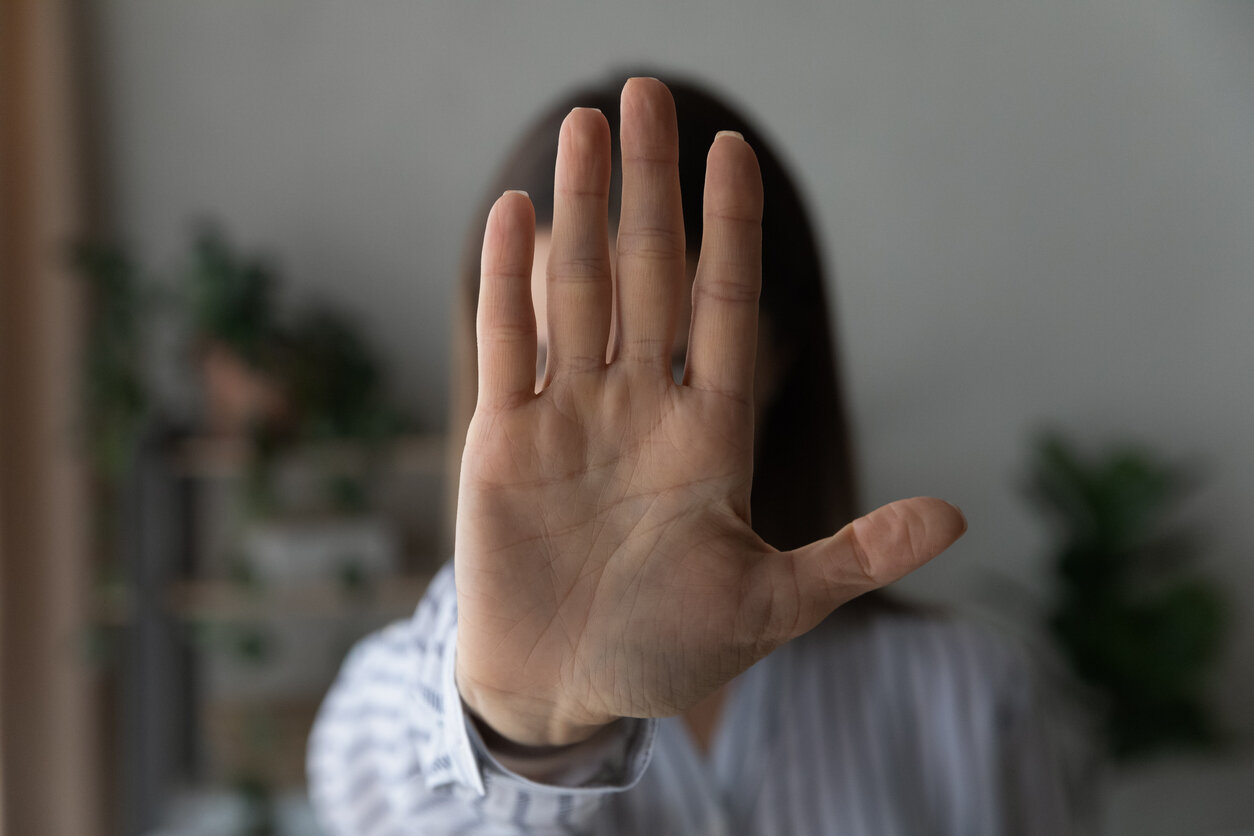
Author: Phil Hartwick
First Published: 2021
We know that for teams to maximise the potential of their diversity, they need to regularly use techniques like perspective getting, encouraging contribution, group brainstorming and collaborative problem solving. But none of those practices works particularly well without high levels of psychological safety.
And psychological safety won’t exist across a team if there is a hint of blaming or finger pointing going on.
I remember some mini case studies that I used about 15 years ago to get new managers to think about how they should respond to a variety of situations. We would then discuss what were the right things to do and what were probably the wrong things to do. The instructions were:
In the cases below, you are the manager. Consider:
1. What open and probing questions are sensible to ask?
2. To whom would you ask these questions?
3. In what order?
4. Why?
The first mini case study was this one (and you will see how dated it is today!):
Case 1: There was a fire in the main computer server room last night. The cleaners were the only ones there (as far as we know). It appears that the fire may have come from a rubbish bin. The network server is destroyed and it appears all recent customer interactions were lost.
Now it may not surprise you, but it really surpised me that many, if not most of the new managers fell right into the trap of looking to investigate to find the perpetrators and source of the problem before thinking of anything else. Most would pose questions like:
“We would ask the cleaners if they were there, what they were doing, what they noticed, if they had locked the door, if they had seen anyone else..etc.”
Some would even go as far as:
“Do we know if the cleaners smoke?” Or “Which of you smoke?”
Of course the lesson I wanted them to learn was that the role of a manager in most situations is to:
1. Look out for the safety and wellbeing of their people (Is everyone ok? Is it safe to go back inside?)
2. Ensure business continuity (What do we need to do to be able to return to our work?),
3. Problem Prevention (So what can we do to ensure this type of thing doesn’t happen again?
And importantly, in that order.
It seemed to me then, and to me now, that we often fall into the trap of identifying culprits and casting judgement early. And we make lots of assumptions in the process.
You may often hear:
‘We need to hold people to account’
Now I have committed lots of mistakes and caused lots of unhappy situations in my time (sadly). I always felt bad enough if I was somehow involved in something going wrong and the last thing I needed was someone ‘holding me to account’.
The better people leaders I have worked for seemed to understand this well.
Rather than ask ‘who did it?’ or ‘why did you do it?’ or ‘why did you do that?’ questions, they would ask me questions like:
a) What we can do about the situation – how we can turn this around?
b) What have we learned from this situation?
c) What opportunities has this presented to us?
d) What we can we do to prevent it from happening again?
Also, notice the use of the use of ‘we’ and ‘us’. It made me feel like we were working together to fix, recover or prevent things. I call this supportive accountability. Together we will rectify the situation.
So what I learned is that how you respond at difficult times is absolutely key.
Ask questions about how to move forward and make it a ‘we or us’ problem to fix.
And where possible, use your team to solve the problem together.
